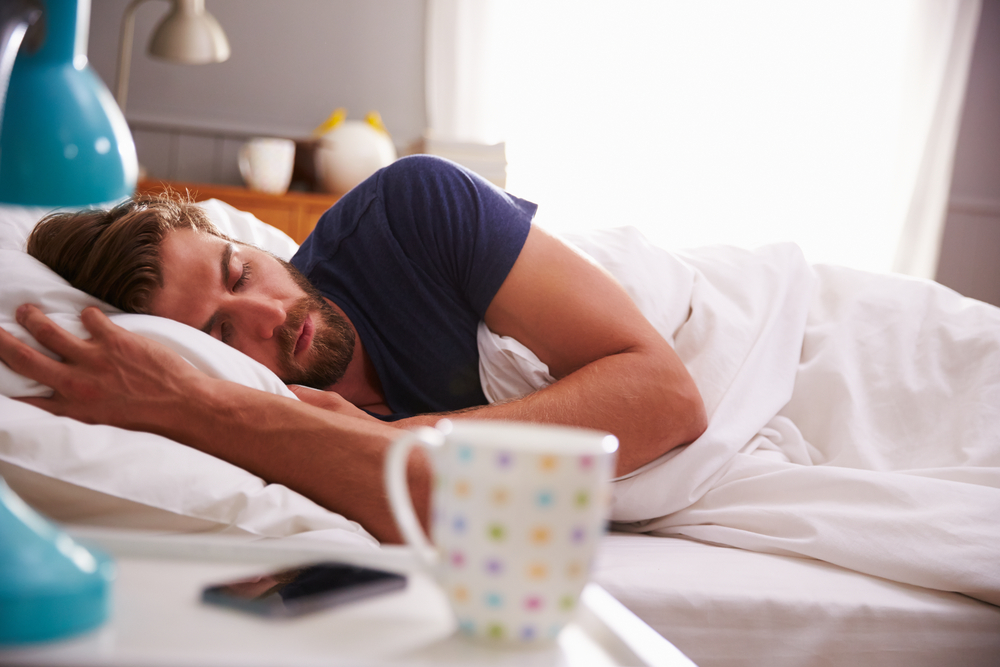Proper hydration is crucial for maintaining optimal health and well-being. We all know that staying hydrated throughout the day is essential, but do you know hydration matters even while you sleep? Our bodies undergo various processes that rely on adequate hydration during the night.
In this blog post, we will explore the significance of staying hydrated during sleep. We will also provide you with practical tips to ensure you wake up refreshed and well-hydrated. Discover how simple adjustments to your pre-sleep routine can promote better health and vitality.
Understanding Hydration during Sleep
While we may not be drinking water while we sleep, hydration remains essential even during these restful hours. Our bodies continue to perform vital functions that need adequate hydration. We lose water all throughout the night because of this.
If you aren’t hydrated throughout the night, you can have a dry mouth, morning fatigue, and even develop certain health issues. To make sure you get enough water in the night, drink enough water before bedtime.
Tips for Staying Hydrated while Sleeping
Hydration Habits Before Bedtime
Establishing hydration habits before bed is key to staying hydrated throughout the night. Pre-sleep hydration not only ensures that your body stays hydrated, but also supports essential bodily functions during sleep. To enhance your pre-sleep hydration routine, it is recommended to consume a glass of water or a hydrating beverage about an hour before bedtime.
Aim for around 8 ounces (240 ml) of fluid, but listen to your body’s needs and adjust. Opt for hydrating beverages such as water, herbal teas, or infused water with a squeeze of lemon or cucumber slices. Avoid beverages that contain caffeine or excessive sugars, as they can interfere with your sleep quality. By incorporating this simple habit into your bedtime routine, you provide your body with the hydration it needs for optimal functioning and wake up feeling refreshed.
Optimizing the Sleep Environment
Creating an optimal sleep environment is essential for maintaining hydration levels throughout the night. One factor to consider is the humidity levels in your bedroom. Dry air can contribute to increased water loss from the body, leading to dehydration. To promote better hydration during sleep, it’s beneficial to maintain a moderate level of humidity in the bedroom, ideally between 40% to 60%.
You can do this with a humidifier or by placing a water basin near a heat source to release moisture into the air. Additionally, ensure proper ventilation to prevent excessive dryness. Another tip is to keep a glass or bottle of water within reach on your bedside table, making it convenient to take sips if you wake up feeling thirsty. Creating a comfortable and well-hydrated sleep environment contributes to better overall hydration and supports your body’s restorative processes.
Hydration Strategies During Sleep
Implementing hydration strategies during sleep can help ensure that you stay adequately hydrated throughout the night. One simple tip is to keep a bedside water bottle or glass within arm’s reach. This makes it convenient to take small sips of water if you wake up feeling thirsty. By having water readily available, you can maintain hydration without fully waking yourself up or disrupting your sleep. Additionally, incorporating hydrating foods or snacks into your pre-bedtime routine can contribute to your overall hydration.
Opt for foods with high water content, such as fruits like watermelon or cucumber, or snacks like yogurt or a small bowl of soup. These hydrating choices provide a dual benefit of nourishing your body and promoting hydration during sleep. Remember, moderation is key to avoiding discomfort during the night. By following these simple tips, you can support your body’s hydration needs and wake up feeling refreshed and replenished.
Dealing with Sleep-Disruptive Factors
When it comes to staying hydrated during sleep, it’s important to address any sleep-disruptive factors that can affect hydration levels. One consideration is the impact of certain medications on hydration. Some medications, such as diuretics or those that cause increased urination, can contribute to fluid loss and potential dehydration during sleep. If you’re taking any medications that have these effects, it’s advisable to talk to your doctor to explore strategies to mitigate dehydration risks, such as adjusting medication timing or discussing alternative options.
Additionally, addressing sleep disorders is crucial for maintaining hydration. Conditions like sleep apnea or nocturia (frequent urination at night) can disrupt sleep patterns. If you suspect you have a sleep disorder, it’s important to seek medical treatment. Medical professionals can help you improve sleep quality and support your body’s hydration. By managing medication effects and addressing sleep disorders, you can stay hydrated throughout the night.
Stay Hydrated This Summer
In summary, maintaining proper hydration while sleeping is crucial for health and well-being. Throughout the night, our bodies continue to rely on adequate hydration to support essential functions and promote optimal sleep quality. By understanding the importance of pre-sleep hydration, optimizing the sleep environment, implementing hydration strategies during sleep, and addressing sleep disruptive factors, we can ensure better sleep hydration.
Remember to keep a bedside water bottle or glass within reach, incorporate hydrating foods or snacks before bed, and address any medication effects or sleep disorders that may impact hydration. By prioritizing hydration during sleep, you can wake up feeling refreshed and rejuvenated. We encourage you to use these tools and make hydration a vital part of your nightly routine. Your body will thank you for it!
Need more information about hydration? Contact us to learn more!




